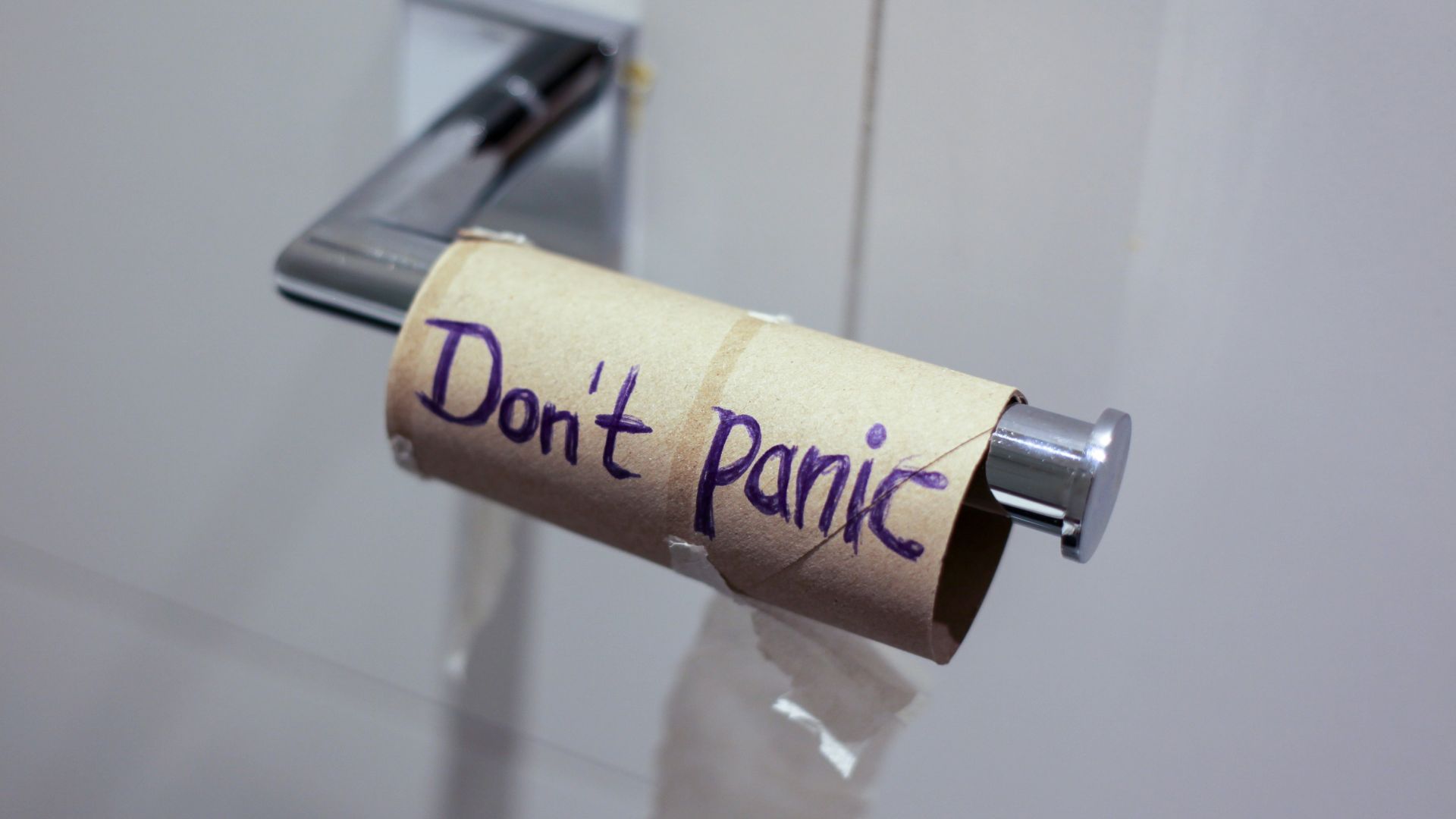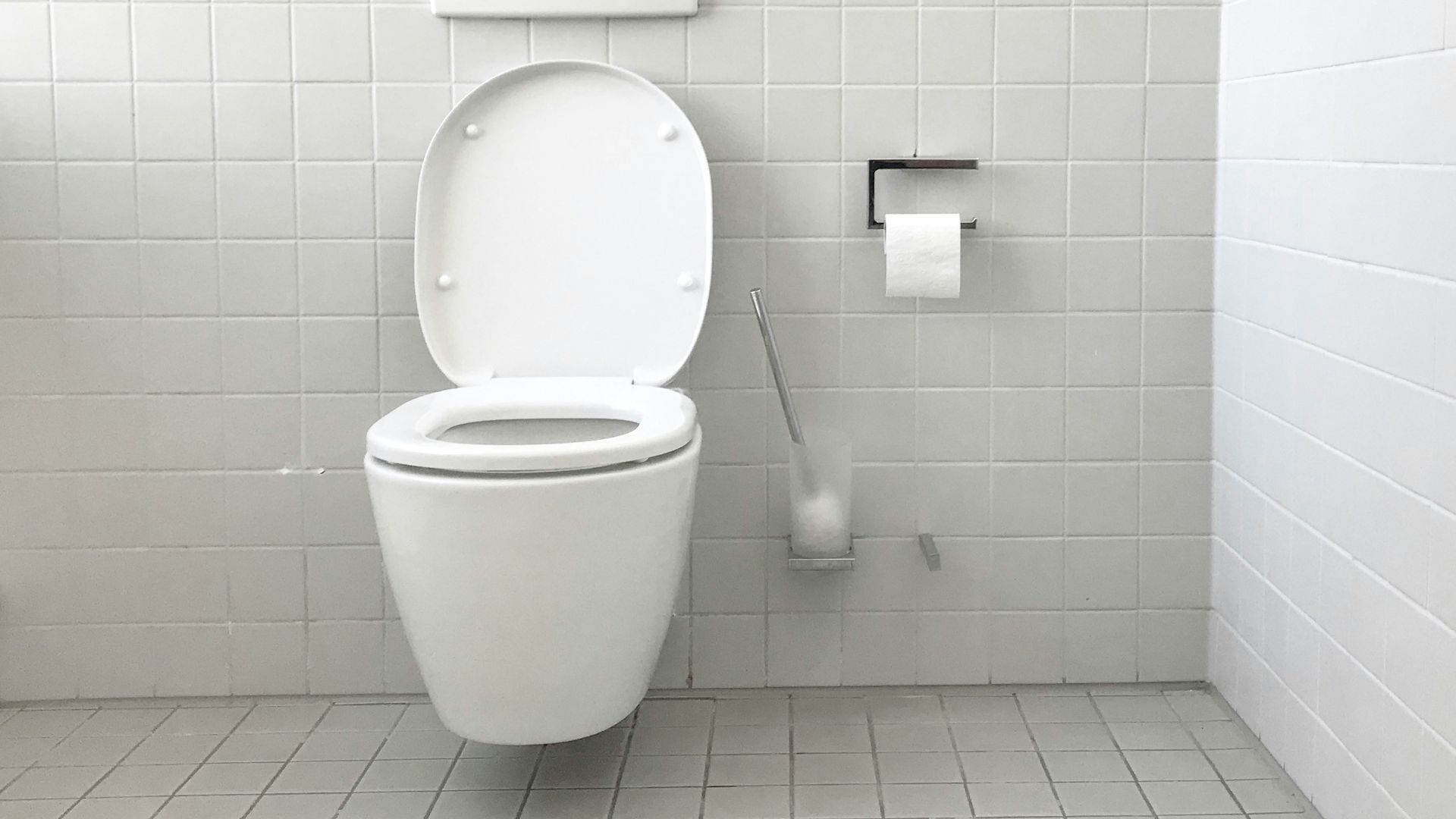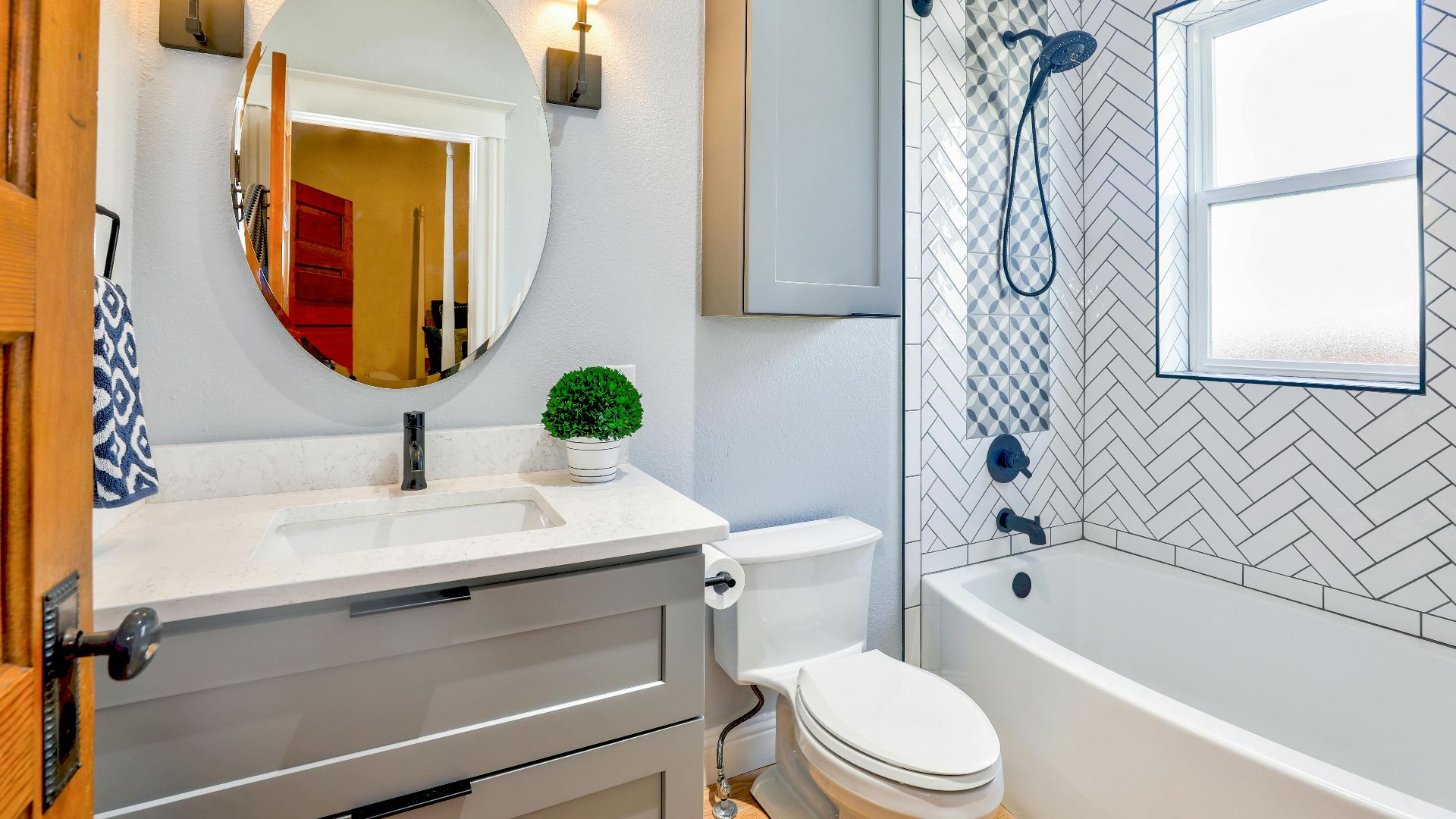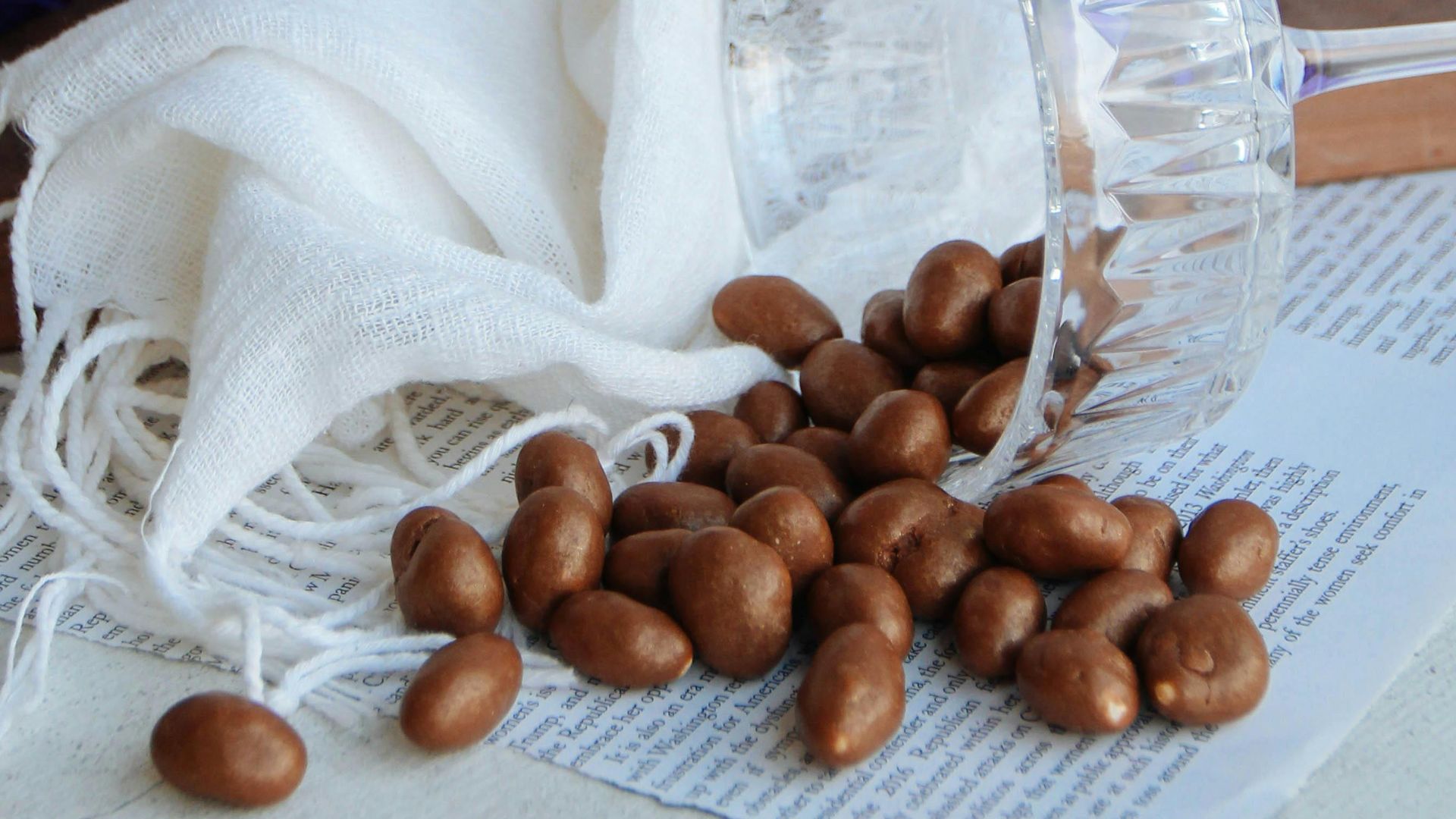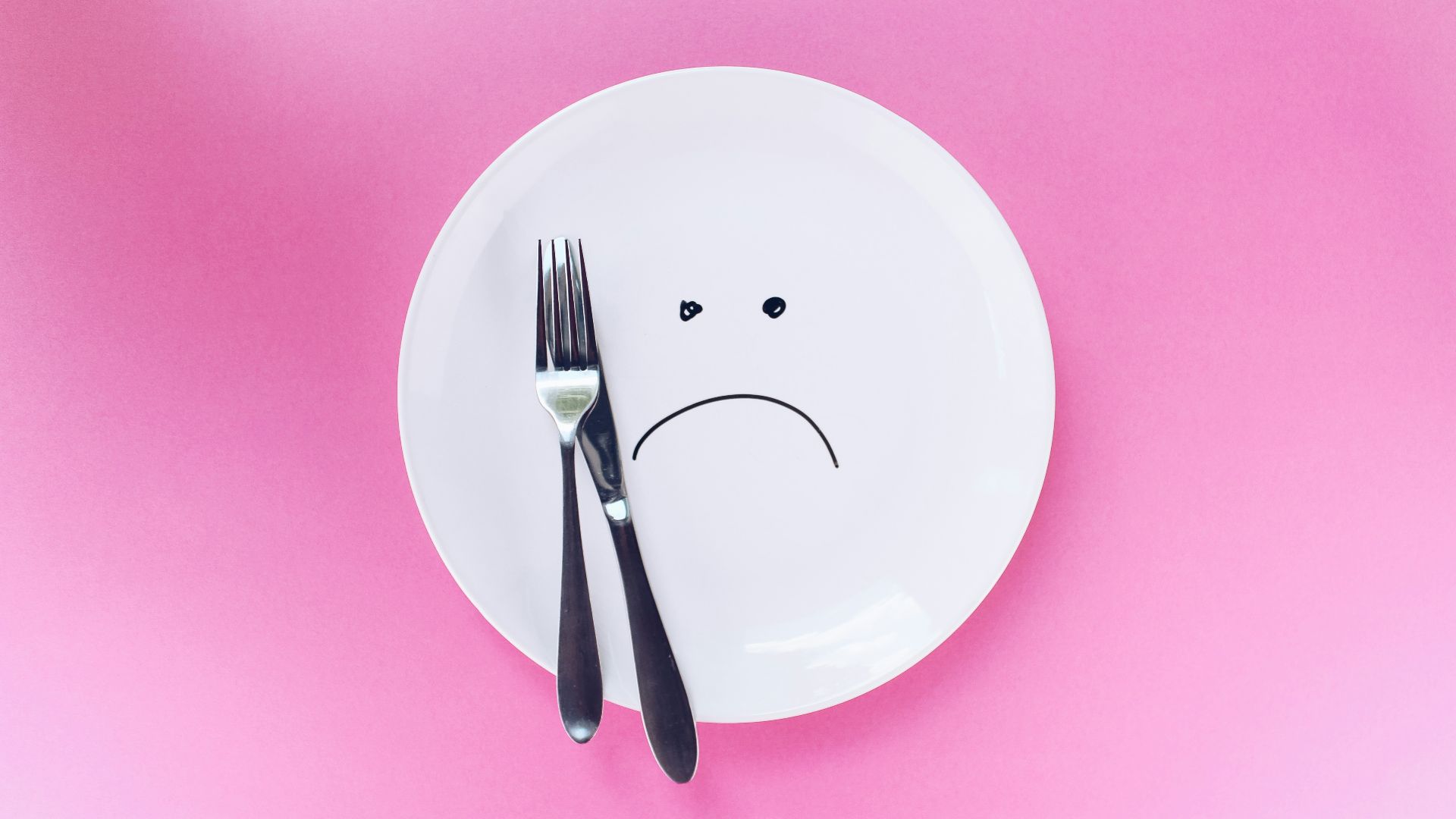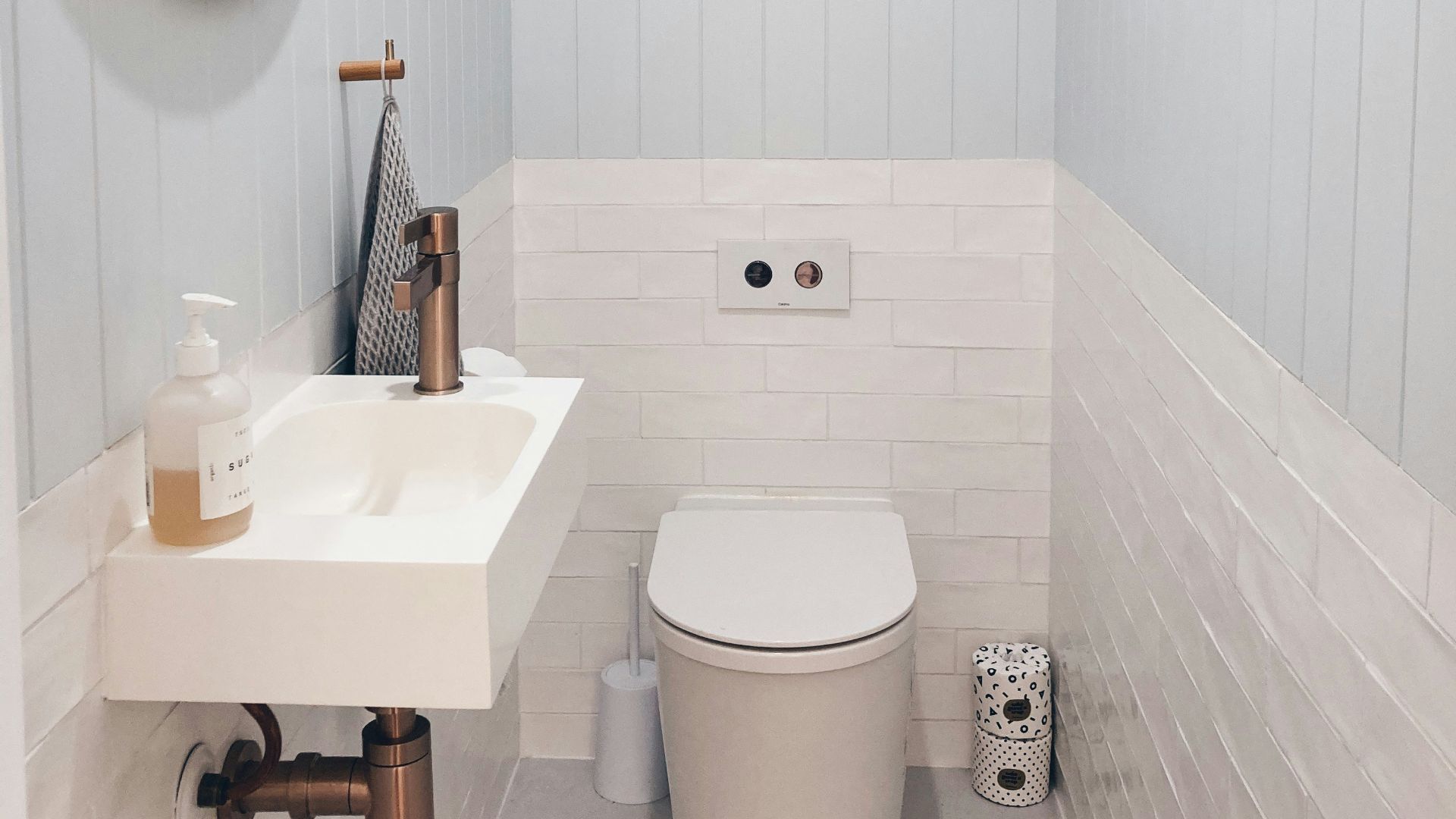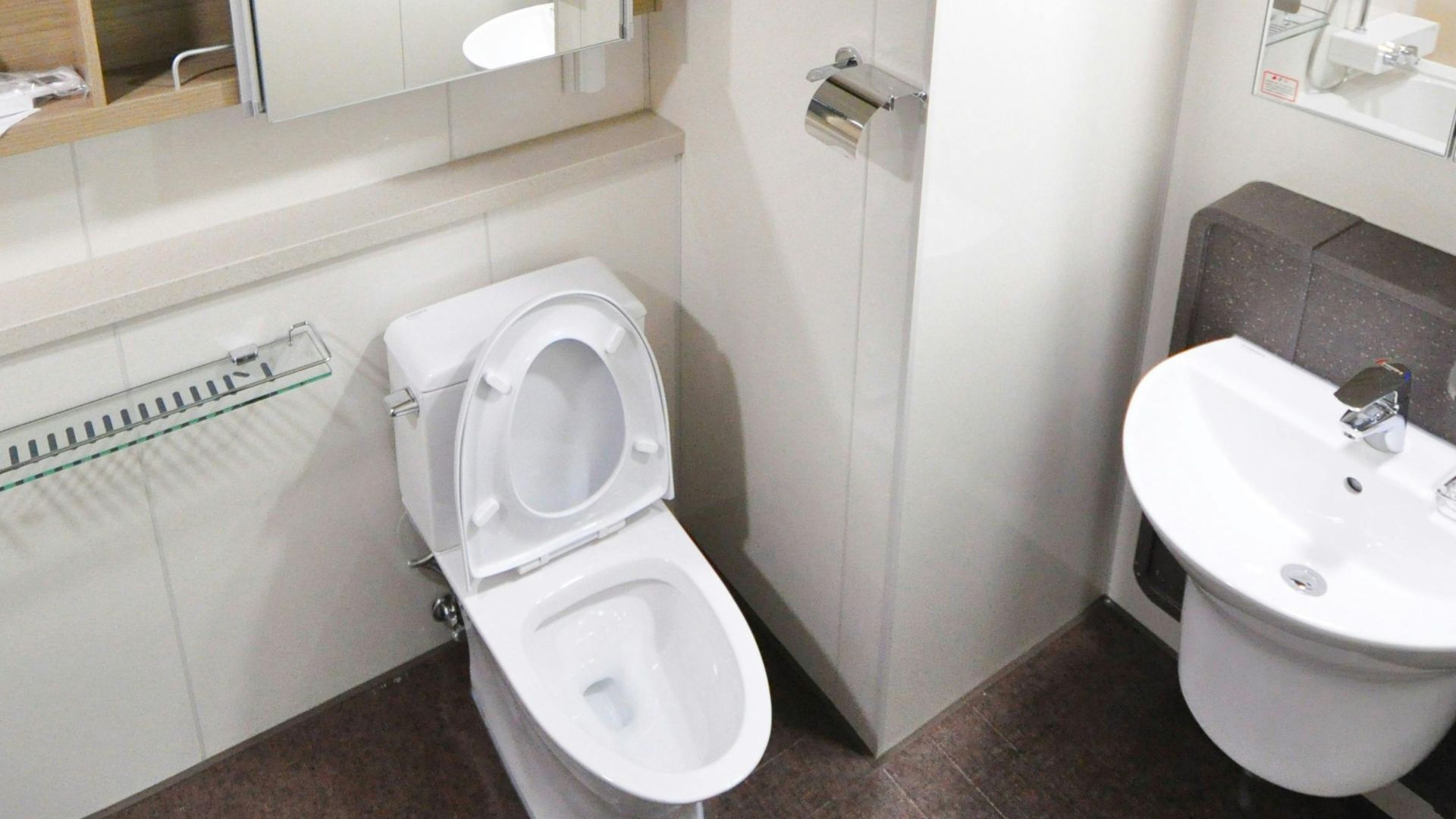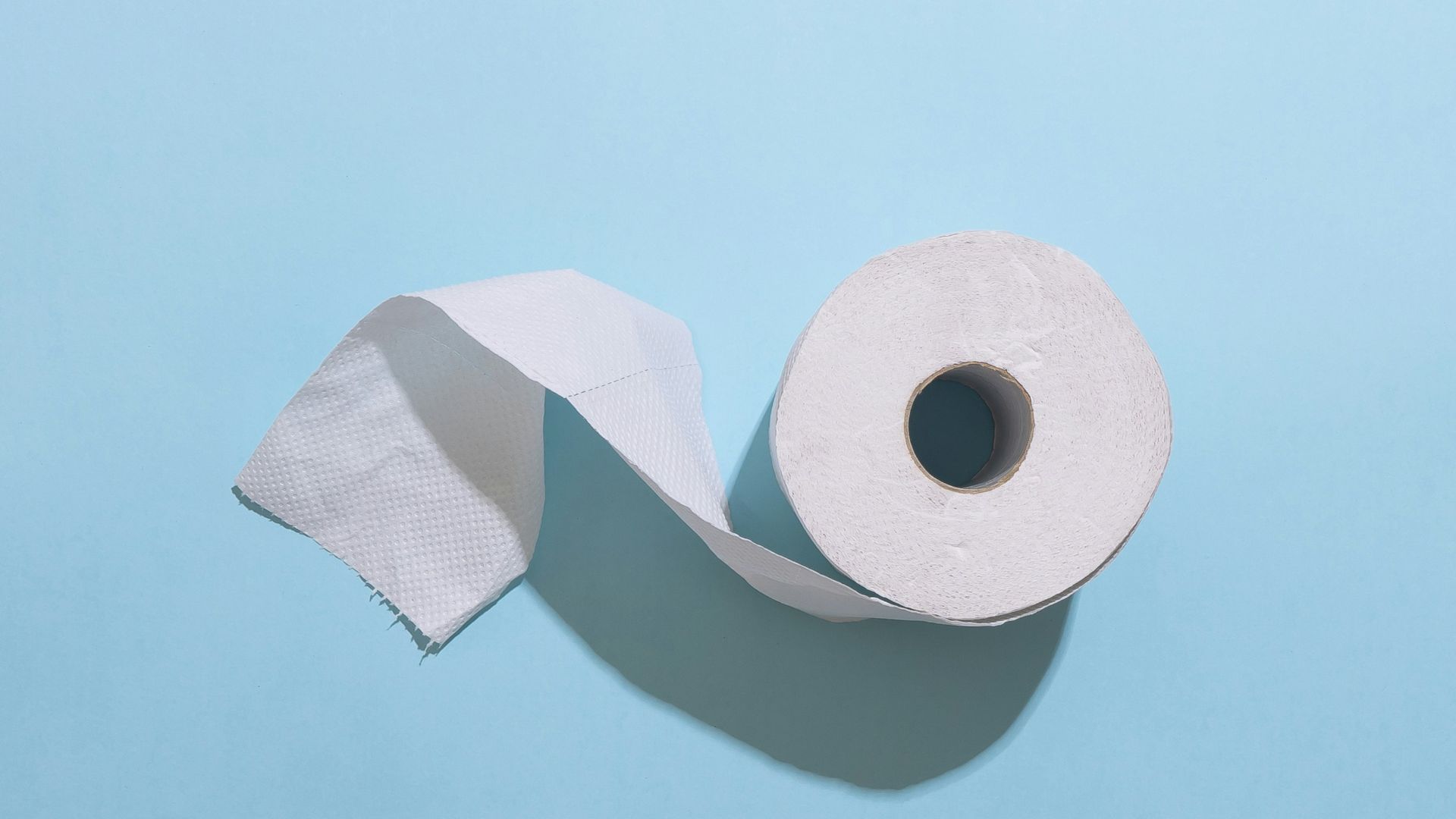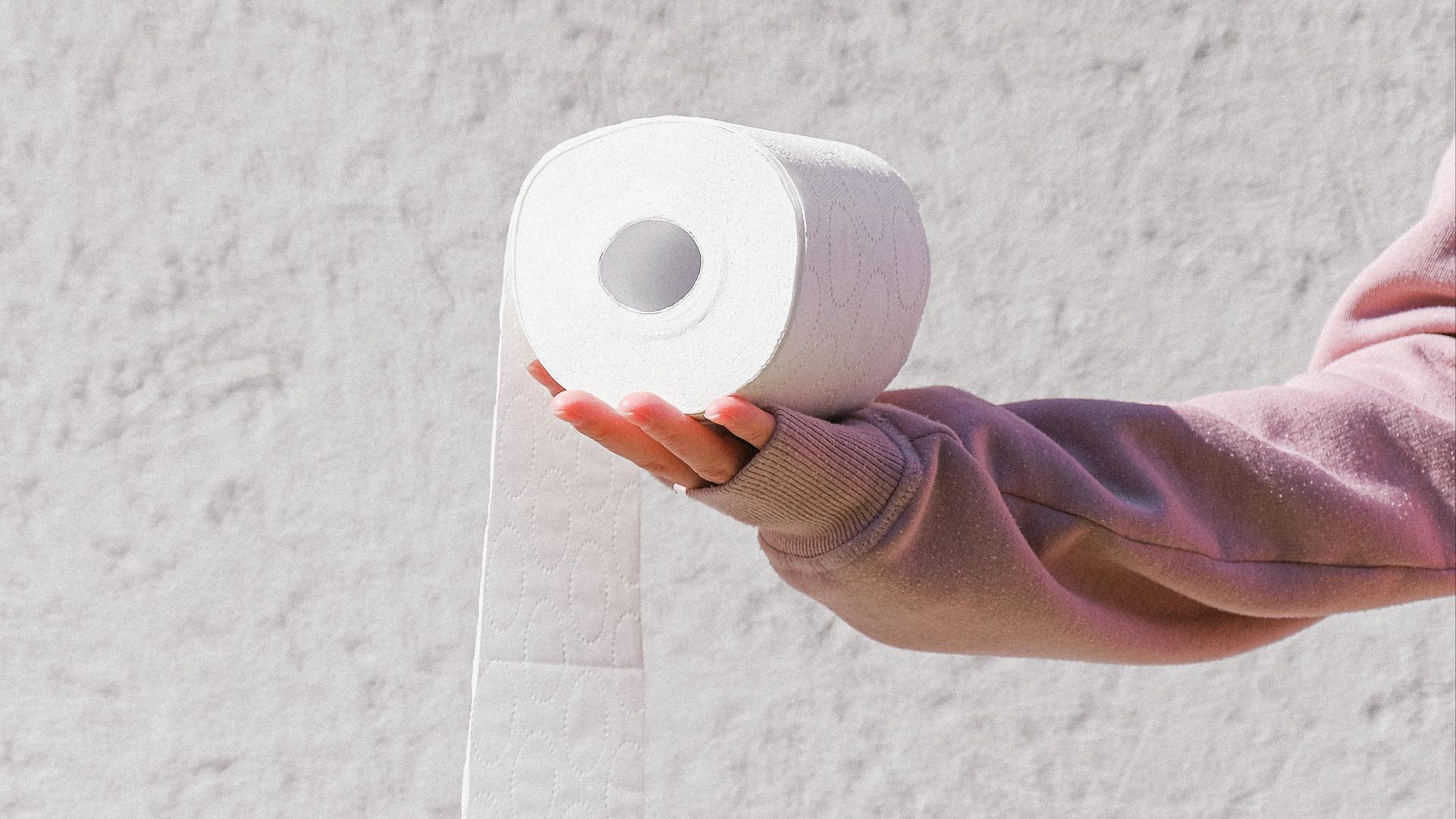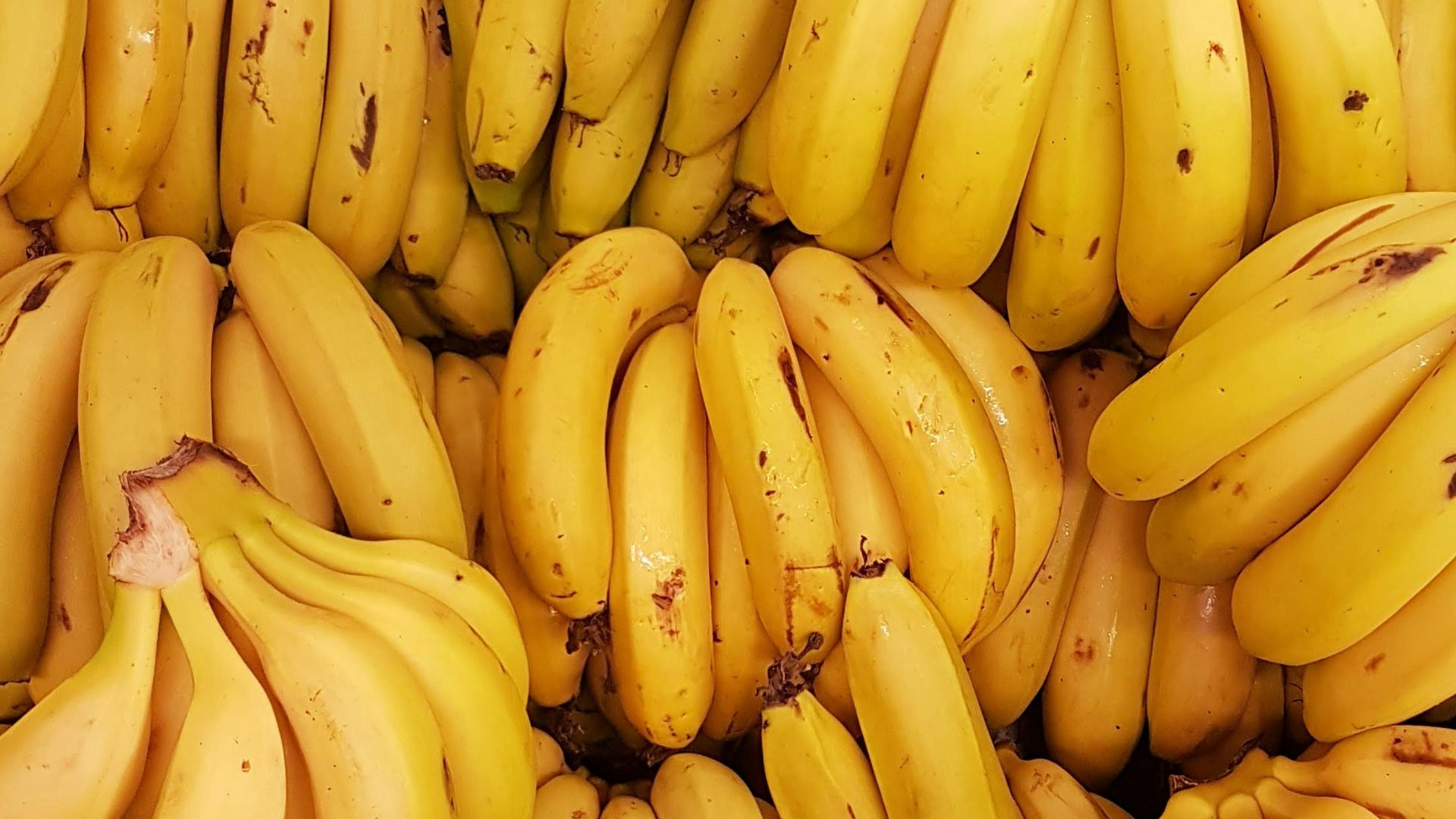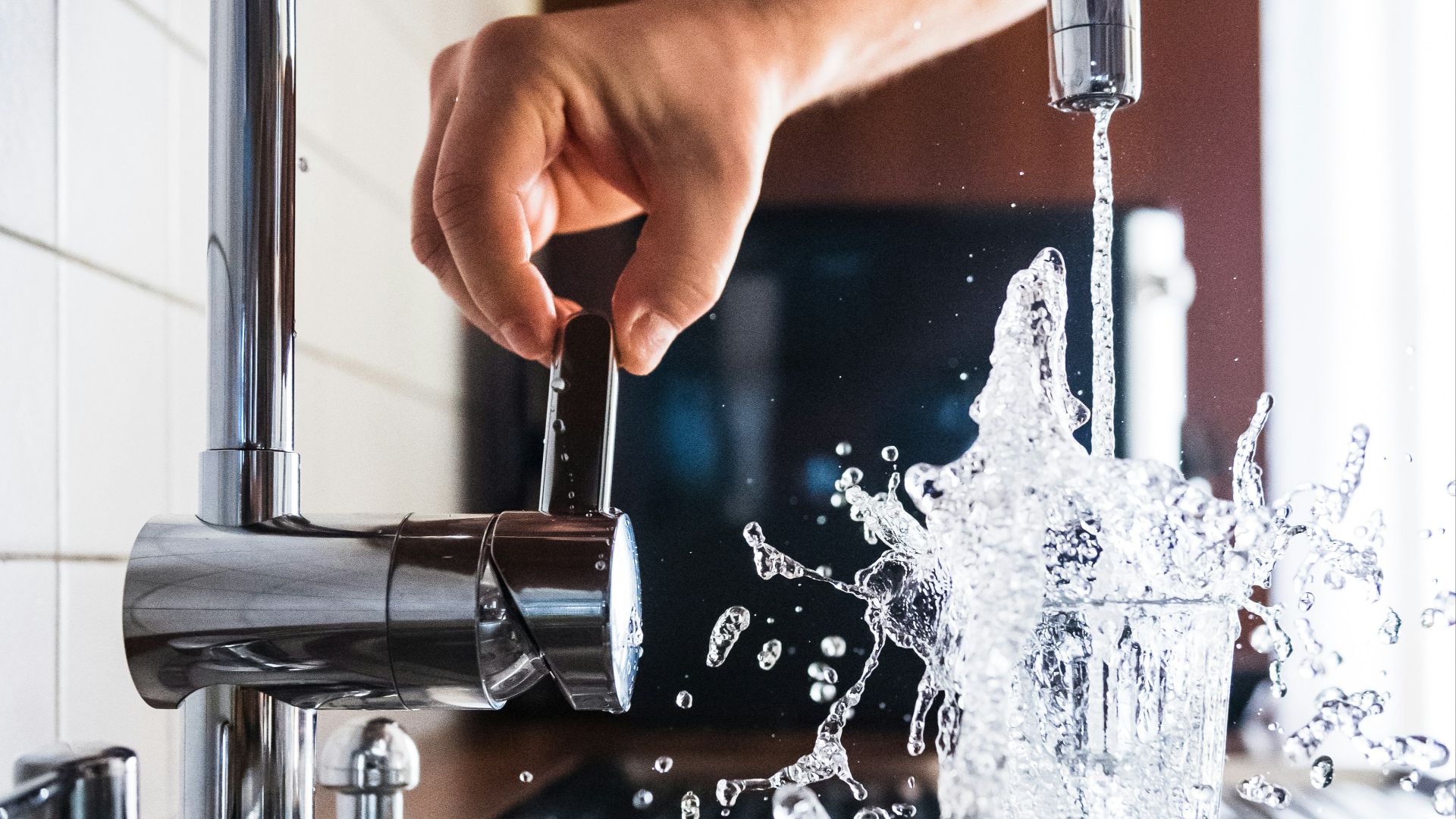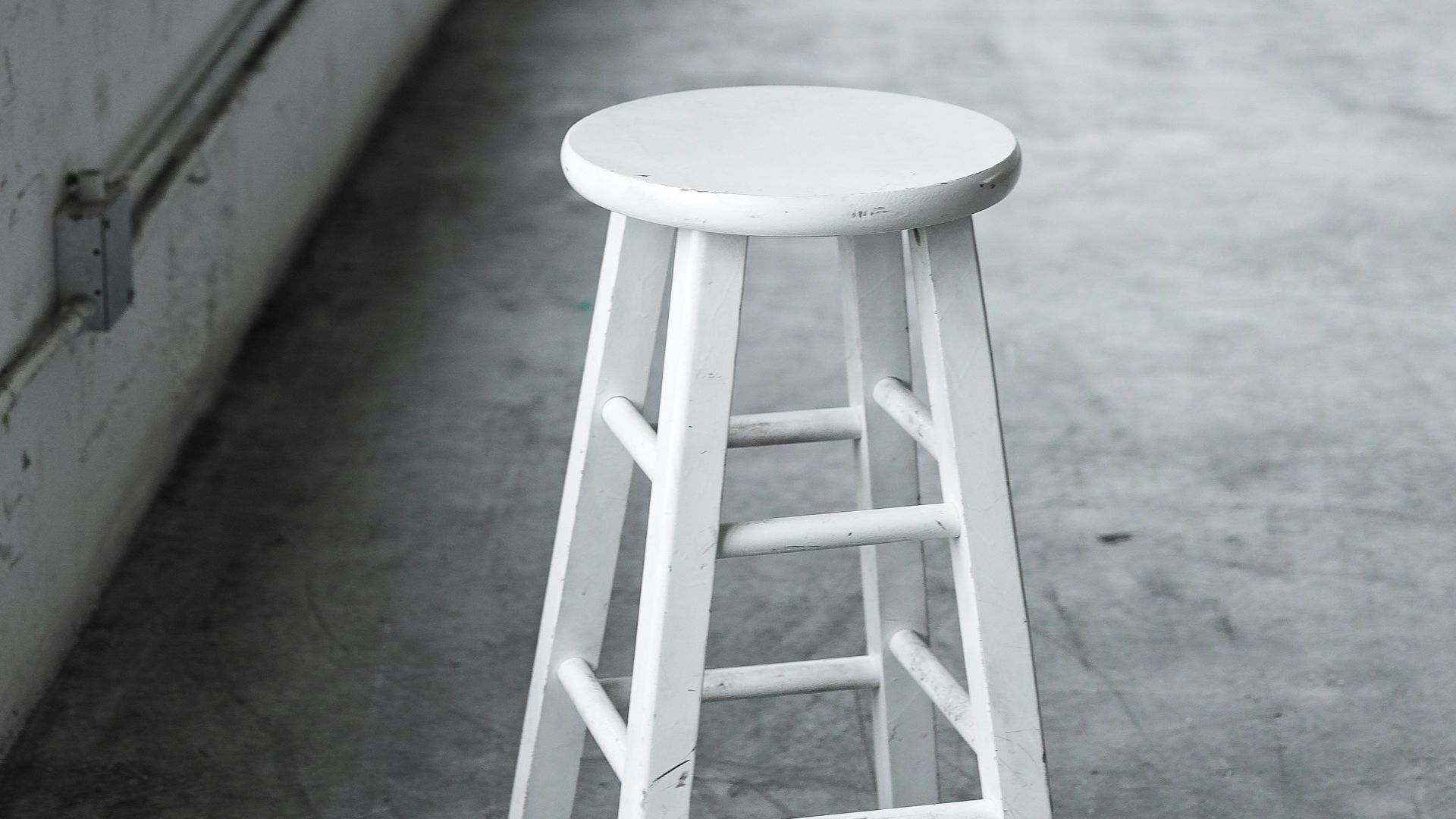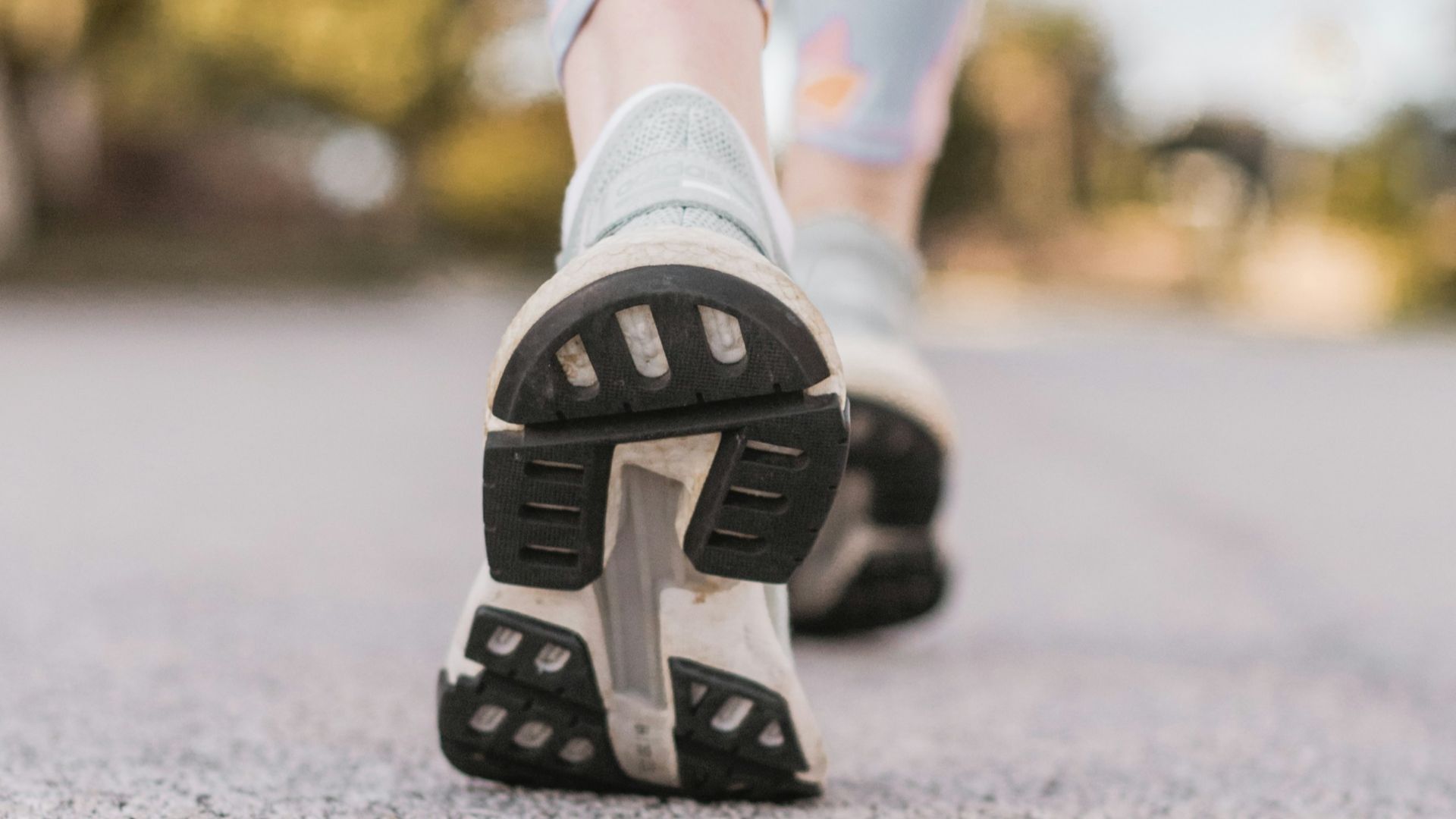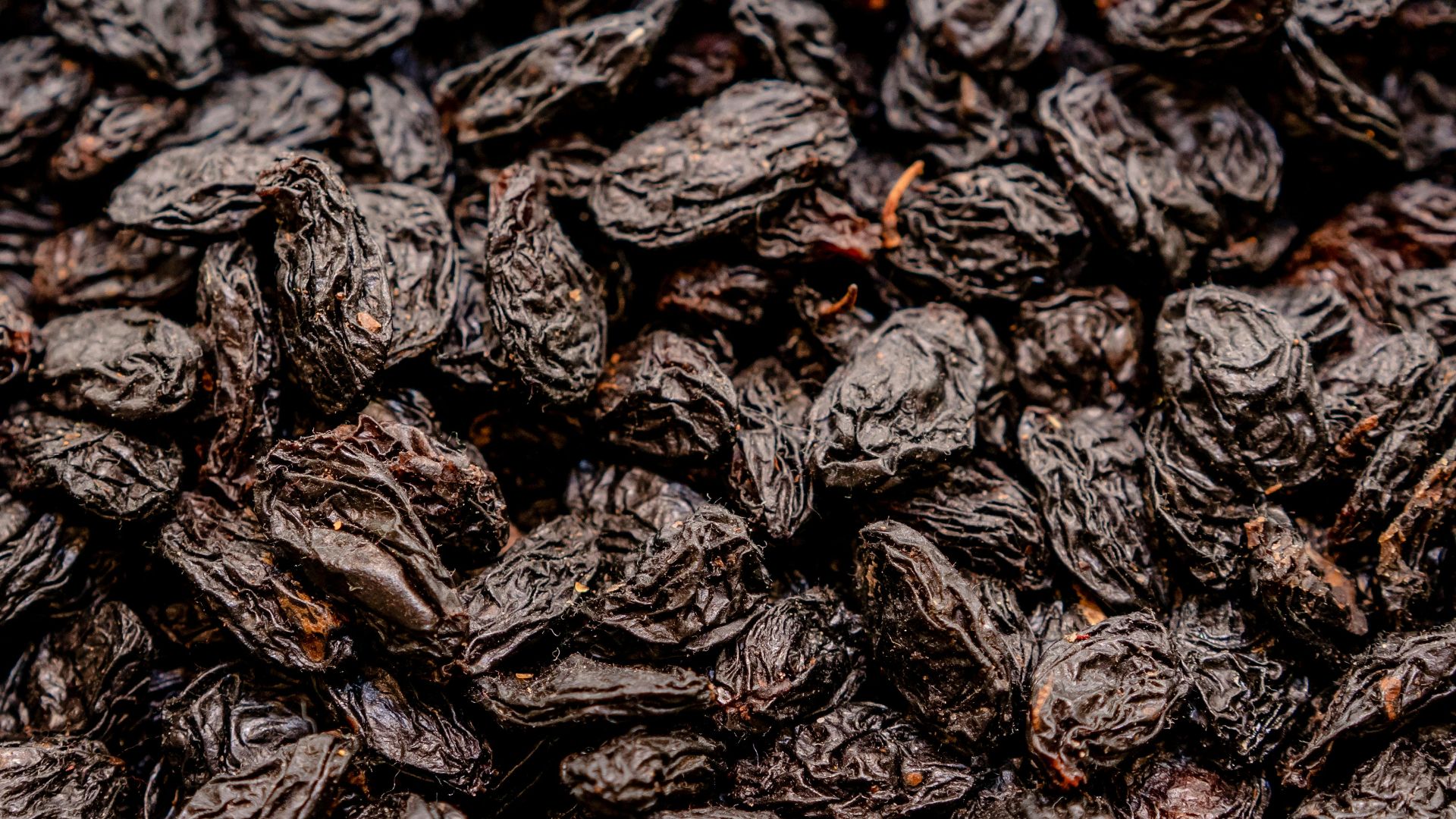When Going to the Bathroom Comes Up Dry
Studies show that constipation affects roughly 12% of the population, leaving millions stuck with terrible abdominal pain and empty toilet bowls. One missed bowel movement doesn’t seem like the end of the world, but it could actually be a big red flag. Come with us as we talk about classic constipation symptoms and a few home remedies you can try to work out that waste.
1. Infrequent Trips to the Toilet
While everyone’s schedule looks different, most healthy individuals defecate anywhere from three times a day to three times a week. Infrequent trips to the bathroom could spell trouble, but if you’re still wondering about the severity, constipation often comes with accompanying symptoms that make it easier to detect.
2. Straining When You Go
Everyone’s strained to eliminate waste before, but those suffering from constipation experience that discomfort every time. To make matters worse, straining comes with an onslaught of additional problems, such as fissures, hemorrhoids, and even a potential for prolapse.
3. Hard or Lumpy Stools
Sometimes referred to as “pellets,” constipation sufferers often have hard or lumpy stools. It might seem like a positive on the surface, but that kind of trip leaves people with stomach pain or feeling like they still have more to get rid of.
4. Abdominal Pain
We take healthy bowels for granted; without regular trips to the bathroom, our poor intestines suffer the consequences. People may experience anything from nausea, more burping, or vomiting in extreme cases. The reason is that with such a heavy buildup of toxins in the body, bacteria festers and leads to stomach trouble.
5. Loss of Appetite
Constipation not only affects frequency, it can also impede appetite. The backlog of waste often leads to feelings of fullness or bloating, which prevents people from ingesting anything else. It’s also hard to eat a healthy meal when you’re that uncomfortable.
6. Feeling Bloated
Speaking of bloating, that sensation is a common symptom of constipation. Remember: constipation is more than a buildup of waste, it’s also the buildup of gas. With both battling for freedom, our systems easily get overwhelmed.
7. Waste is Painful to Pass
When you’re constipated, bathroom trips hardly offer relief. From straining on the toilet to abdominal discomfort, those suffering have a hard time getting anything out, which only causes more problems down the line. On the off chance something does come out, it can be painful or cause bleeding.
8. The Need for Digital Disimpaction
For those with serious blockage, manual assistance might be necessary. The official term is digital disimpaction—if enemas or laxatives don’t do the trick, patients may need to see a doctor to break up the blockage.
9. Not Feeling Any Relief
Not every trip to the bathroom is successful, even if you manage to work out some waste. Most people with constipation suffer from the nagging feeling that there’s still something in their system.
10. Incontinence
Unfortunately, constipation can also lead to incontinence. Patients may experience fecal incontinence (often in the form of liquid stool) or even urinary leaks due to the pressure placed on the bladder.
As detrimental as constipation is, several remedies exist to help earn that successful BM. Let’s explore a few tricks you can try.
1. The BRAT Diet
Don’t worry, you’re not a brat for going on this diet! The simple acronym stands for bananas, rice, applesauce, and toast—the holy grail of foods that battle constipation. This useful quartet tackles everything from stomach upset to bloating, soothing bloat and encouraging a pain-free bathroom trip. While not a long-term solution, it’s still recommended by doctors for quick relief.
2. Drink More Water
Constipation makes it hard enough to defecate; you don’t need dehydration on top of that. Without enough water, the large intestine soaks up water from our stools, which only makes them harder. Hydration can help soften the stool and make it easier to pass.
3. Invest in a Foot Stool
Studies show that foot stools provide the perfect angle for successful BMs in some people! By relaxing the muscles and elevating your feet, you might be able to eliminate some of that waste without issue. These stools also promote a proper squat and can even reduce straining.
4. OTC Laxatives
If your doctor gave the green light, over-the-counter laxatives could be a solid option. With several choices available, it’s important to consult your physician before trying any old brand—some could work better than others, especially across different symptoms.
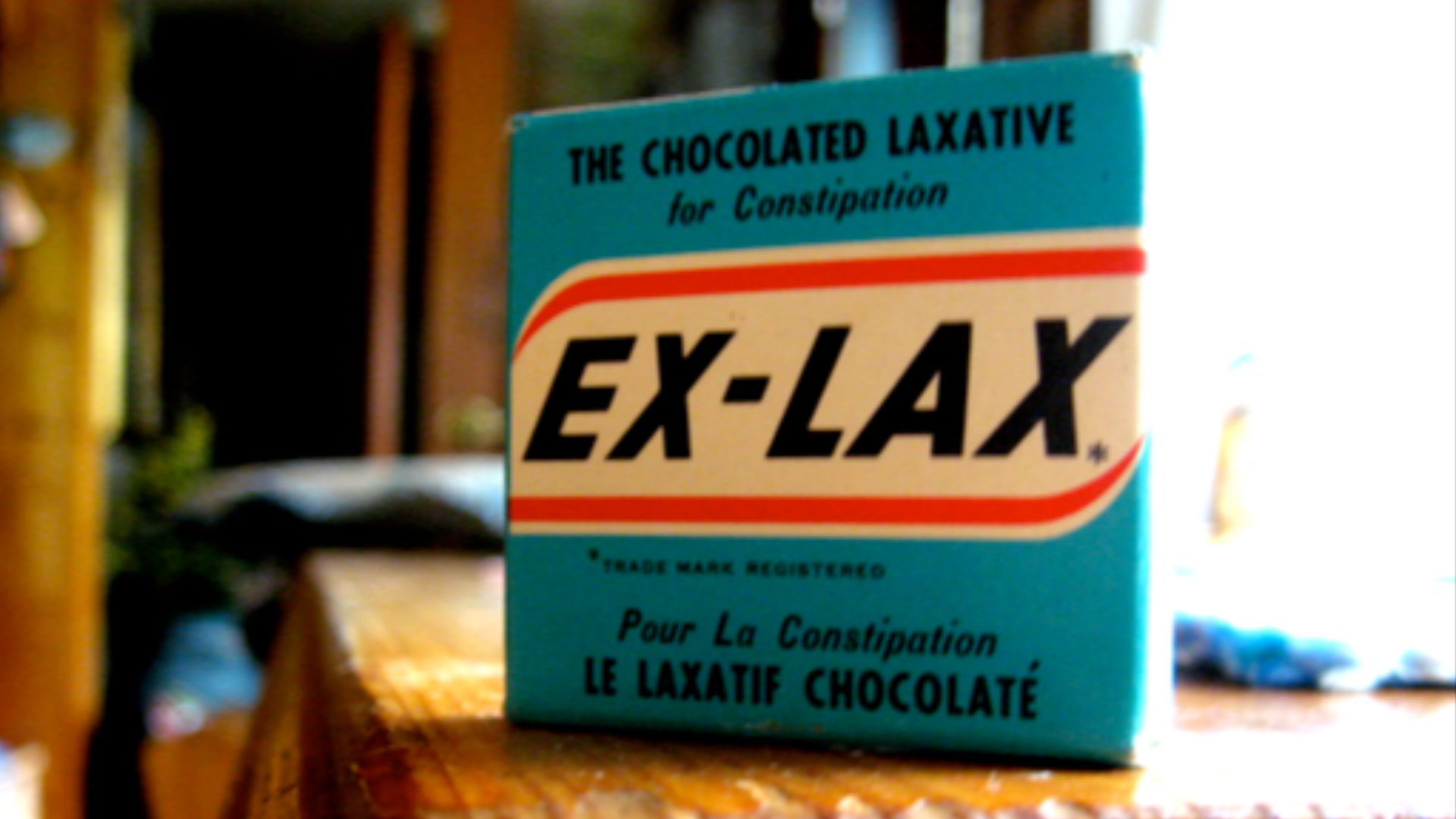 - k|e|n|g - t | c - on Wikimedia
- k|e|n|g - t | c - on Wikimedia
5. Get Enough Exercise
Well, there’s good news and bad news. The good news is that you won’t have to run a marathon to work out waste. The bad news is that you still need to work out! Gentle exercises like walking or yoga relax the muscles and can help speed the process along. Regular exercise also promotes healthier BMs in the long run.
6. Try Caffeinated Coffee
There’s a reason we race to the bathroom after coffee. That morning cup of joe, particularly caffeinated, acts as a stimulant, which triggers contractions in the colon. If you have a hard time going, it might be time to brew a few beans.
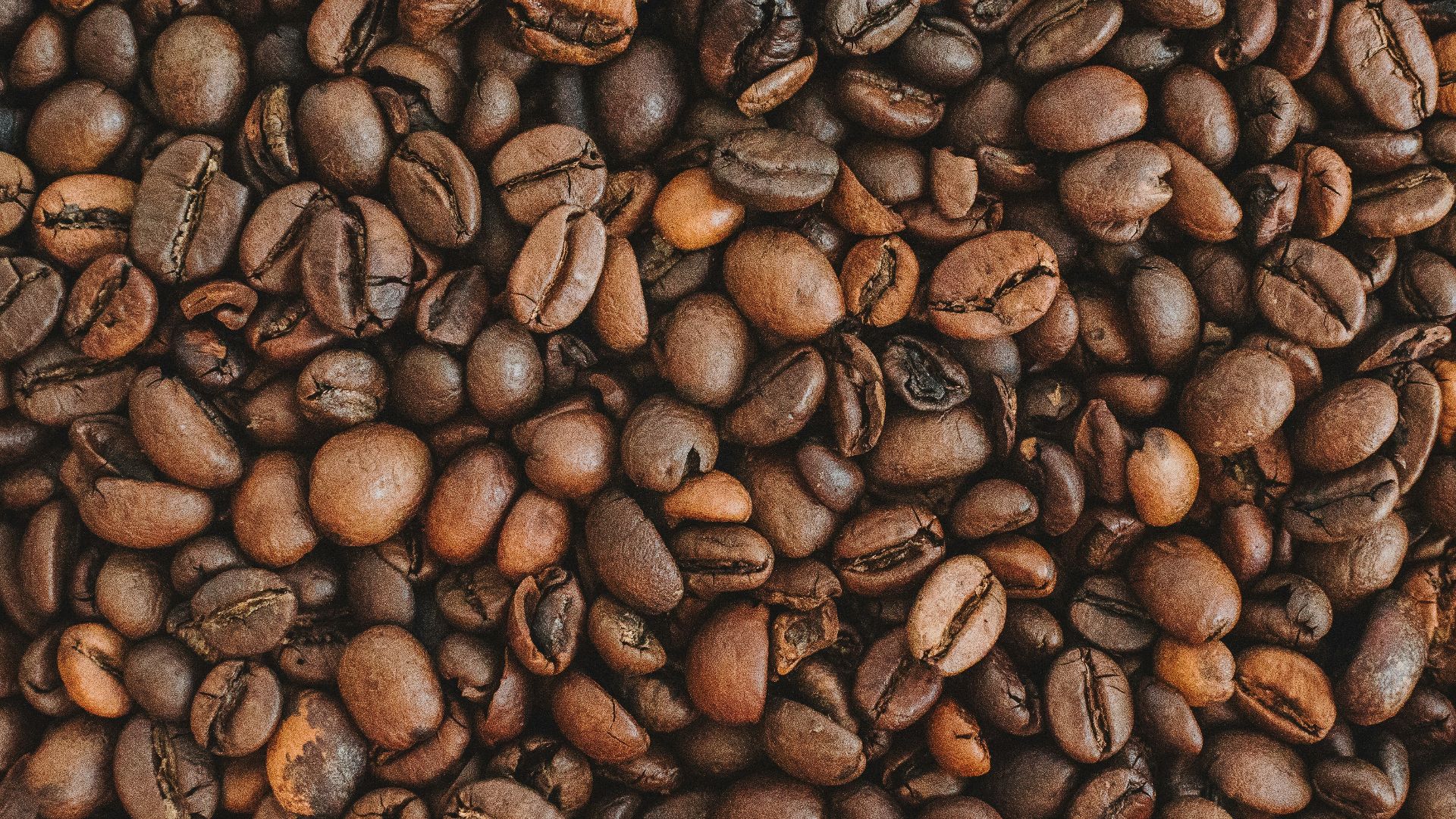 Anastasiia Chepinska on Unsplash
Anastasiia Chepinska on Unsplash
7. Avoid Dairy Products
You need fiber when you’re constipated, and dairy isn’t the way to get it. Not only are most common items high in fat, which slows digestion, but many dairy products also contain the protein casein—something else that slows the process.
8. A Spoonful of Olive Oil
What can’t olive oil do? It won’t be pleasant on the way down, but a tablespoon of olive oil might be just what the doctor ordered. Best consumed on an empty stomach, some sufferers report softened stools and easier trips to the bathroom after a shot of this healthy fat. However, it’s always best to speak with your doctor about proper amounts.
9. Prunes
Prunes sure seem like an old person’s food, but this little guy is a top defender against constipation. They’re loaded with fiber, contain a natural, low-risk laxative called sorbitol, and can be consumed raw or in juice form.
10. Talk to Your Doctor
Not all constipation comes equal, so speak with your physician about specific symptoms. What they recommend for you could easily differ from “the norm,” based on severity or your medical history.
KEEP ON READING

10 Pre-Workout & 10 Post-Workout Tips To Follow



